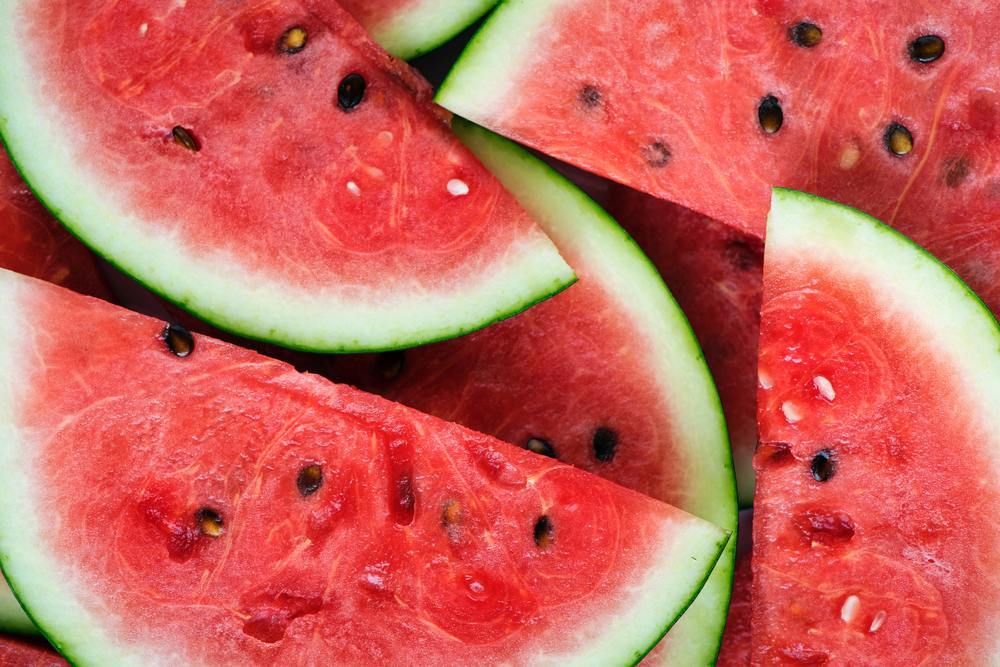In fact, it's estimated that up to 50% of the food consumed in America is imported from outside the country. This means that we're often eating produce that has traveled thousands of miles, sometimes across multiple continents, to reach our plates.

Not only does this system of long-distance transportation have a significant impact on the environment, it also means that we're missing out on the unique flavors and nutritional benefits that come with eating locally and seasonally.
Perhaps one of the best ways to get back in touch with our sense of seasonality is to start shopping at local farmers' markets. These markets offer an opportunity to purchase fresh, in-season produce directly from growers in your region.
When you eat foods that are in-season, you'll notice that they tend to taste much better than the out-of-season alternatives. This is because the flavors and nutrients are at their peak, having been allowed to fully mature before being picked and transported.
In addition to offering superior flavor and nutrition, eating in-season produce also helps to support the local economy and reduce carbon emissions caused by long-distance transportation.
Some examples of in-season produce for different regions and times of year include:
- Spring: asparagus, peas, spinach, rhubarb
- Summer: berries, tomatoes, zucchini, corn
- Fall: apples, pumpkins, carrots, squash
- Winter: root vegetables, citrus fruits, kale, winter squash
Of course, eating in-season isn't always possible or practical, especially if you live in a climate with harsh winters or limited growing seasons. In these cases, it's still beneficial to choose locally-produced or domestically-grown produce whenever possible.
By making the effort to eat more seasonally and locally, we can not only support our own health and taste buds, but also contribute to a more sustainable food system and a healthier planet. So next time you're at the grocery store, take a moment to consider where your food is coming from and what impact it's having on both your body and the world around you.